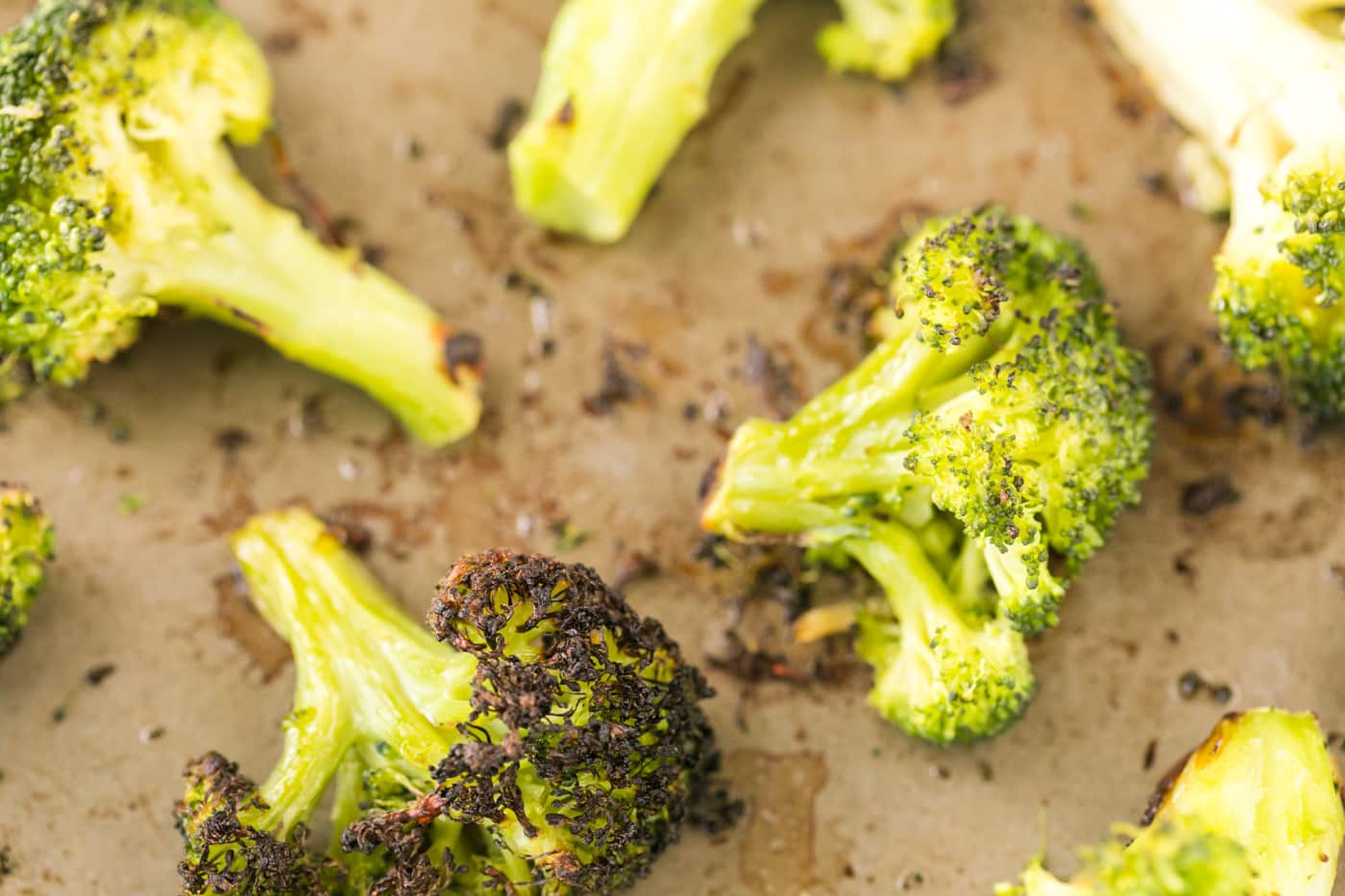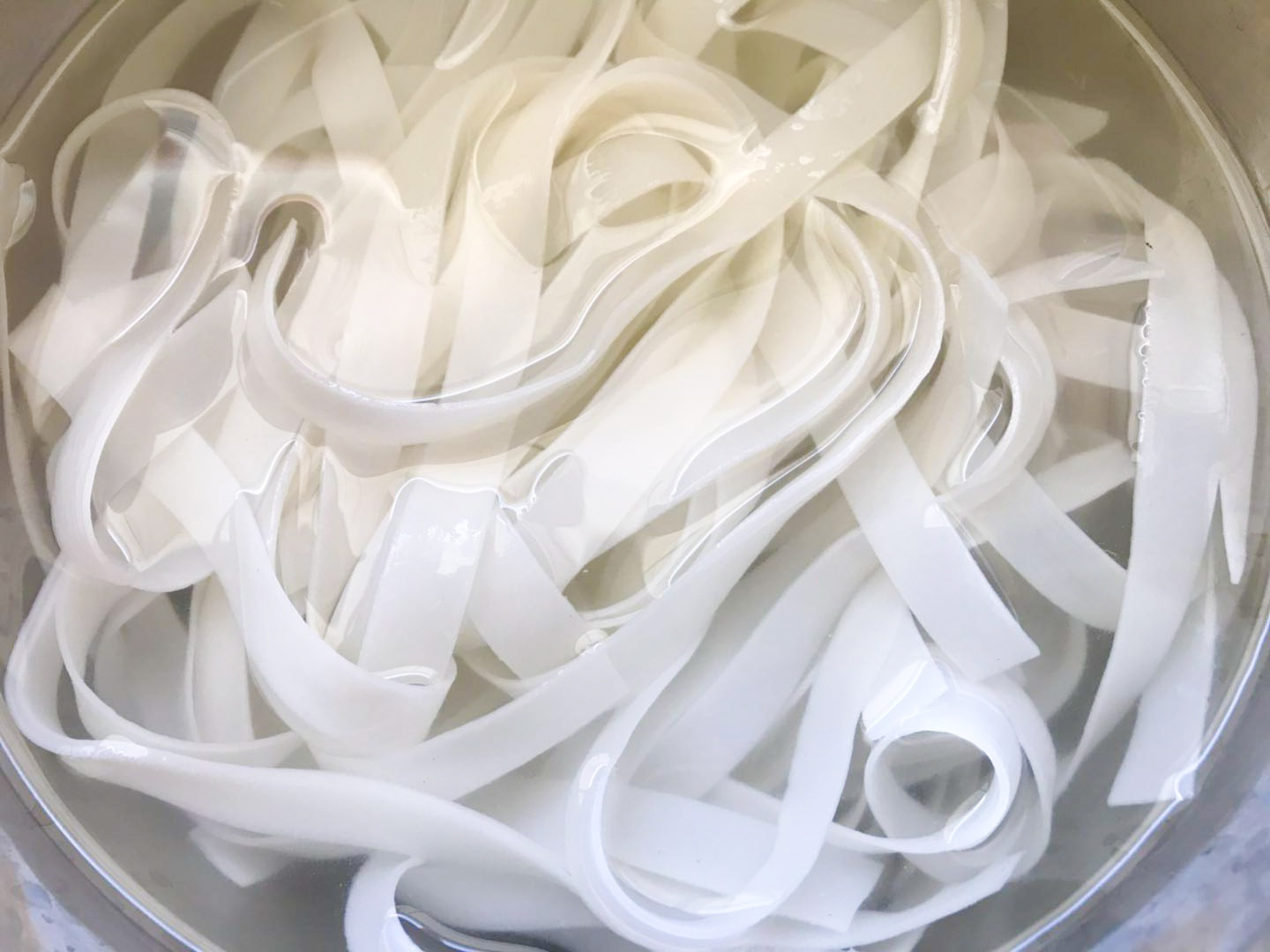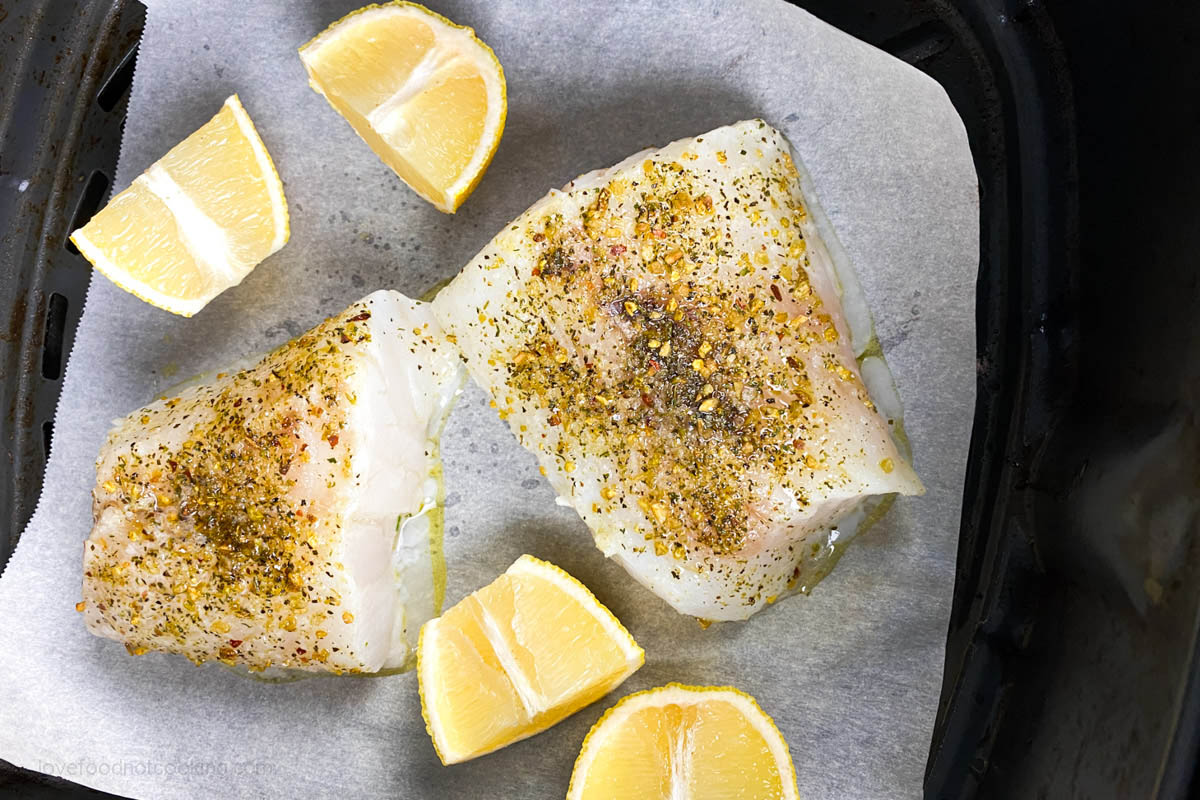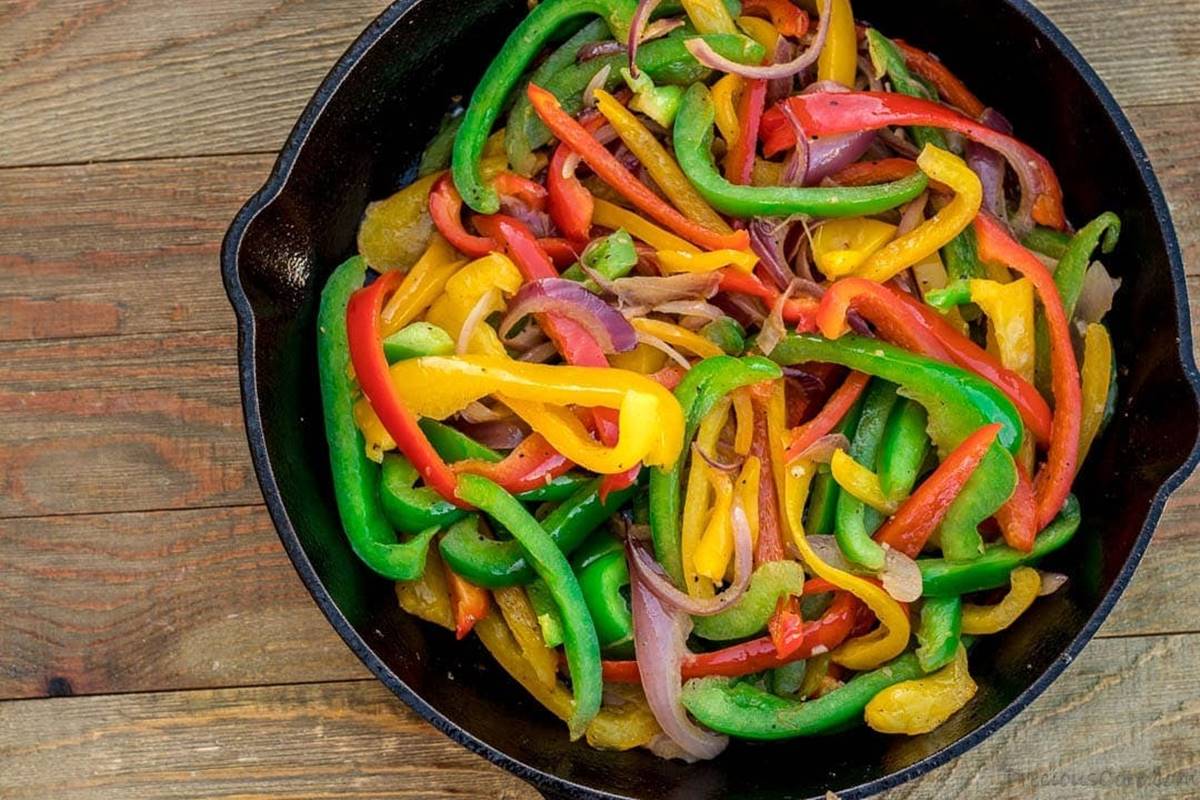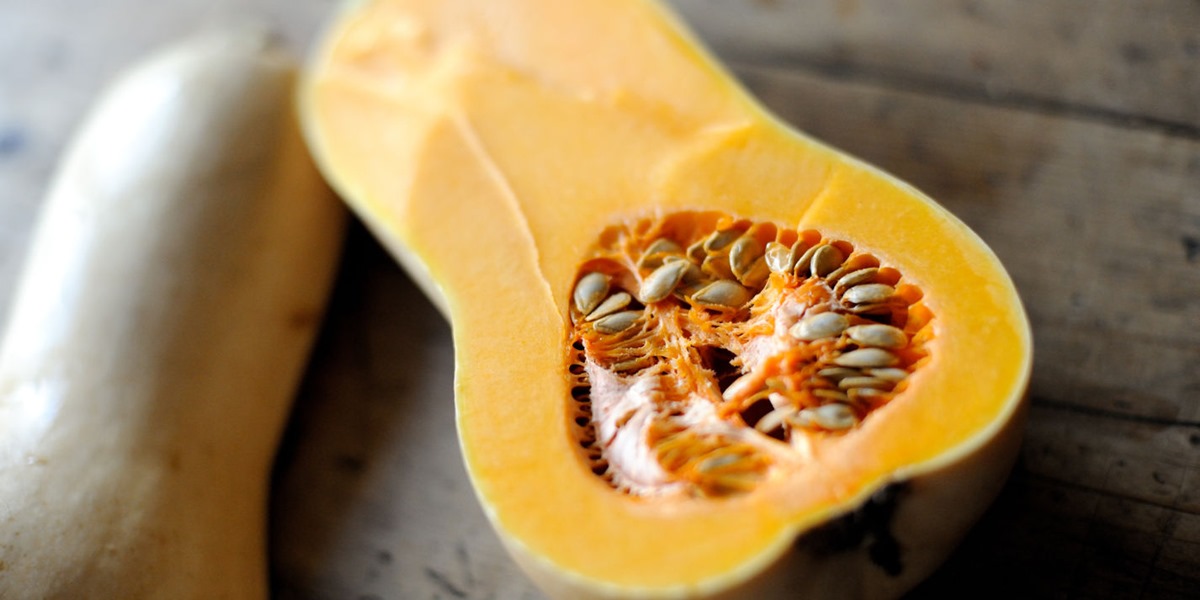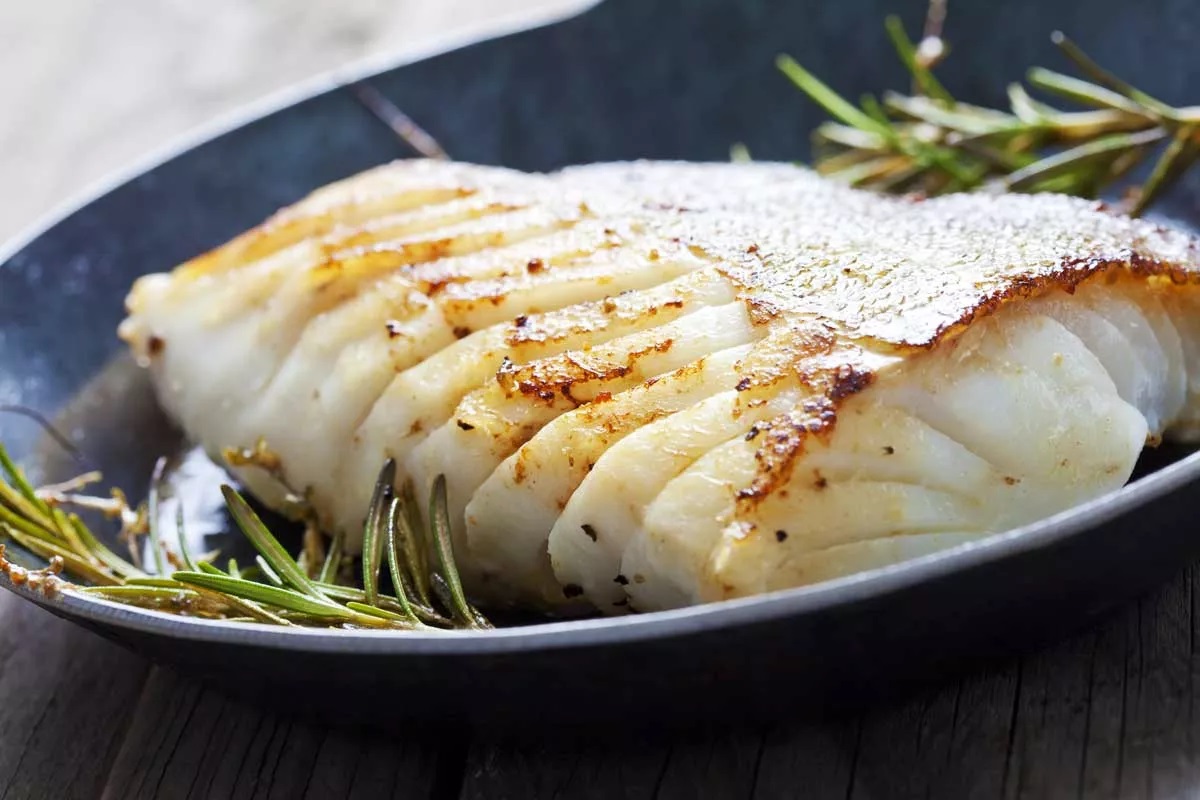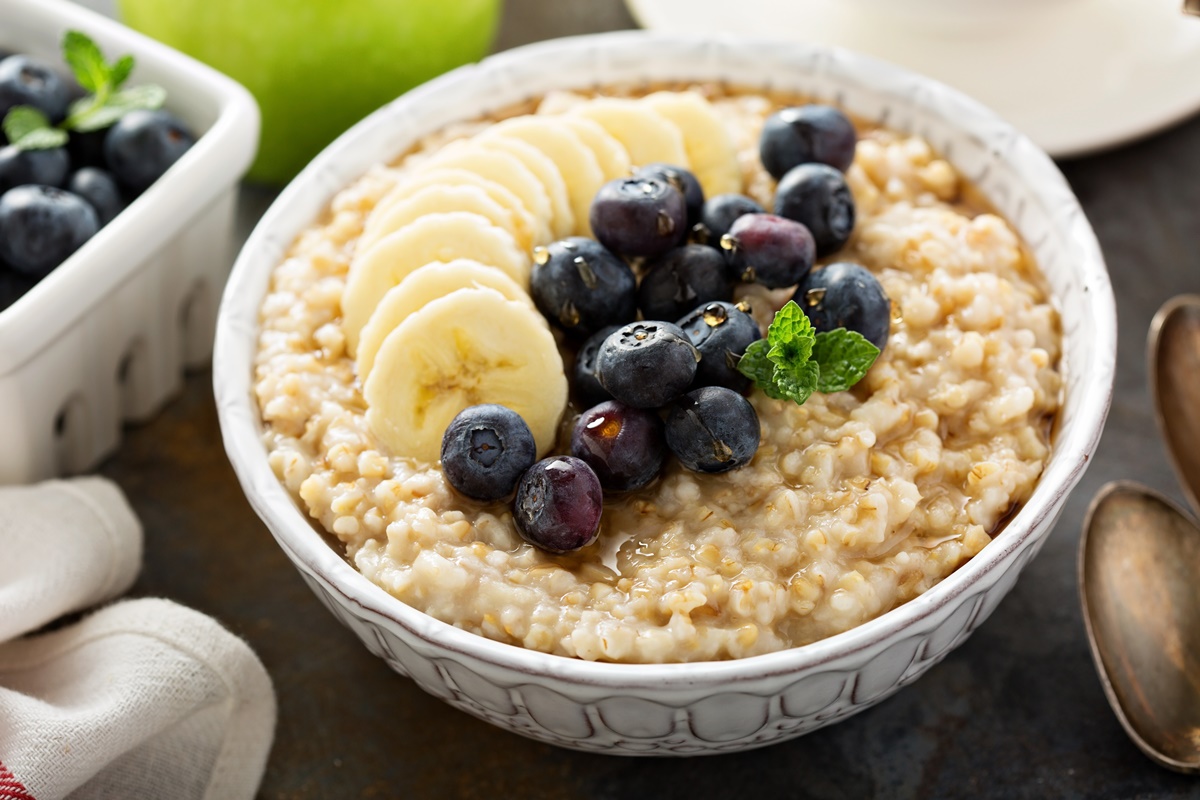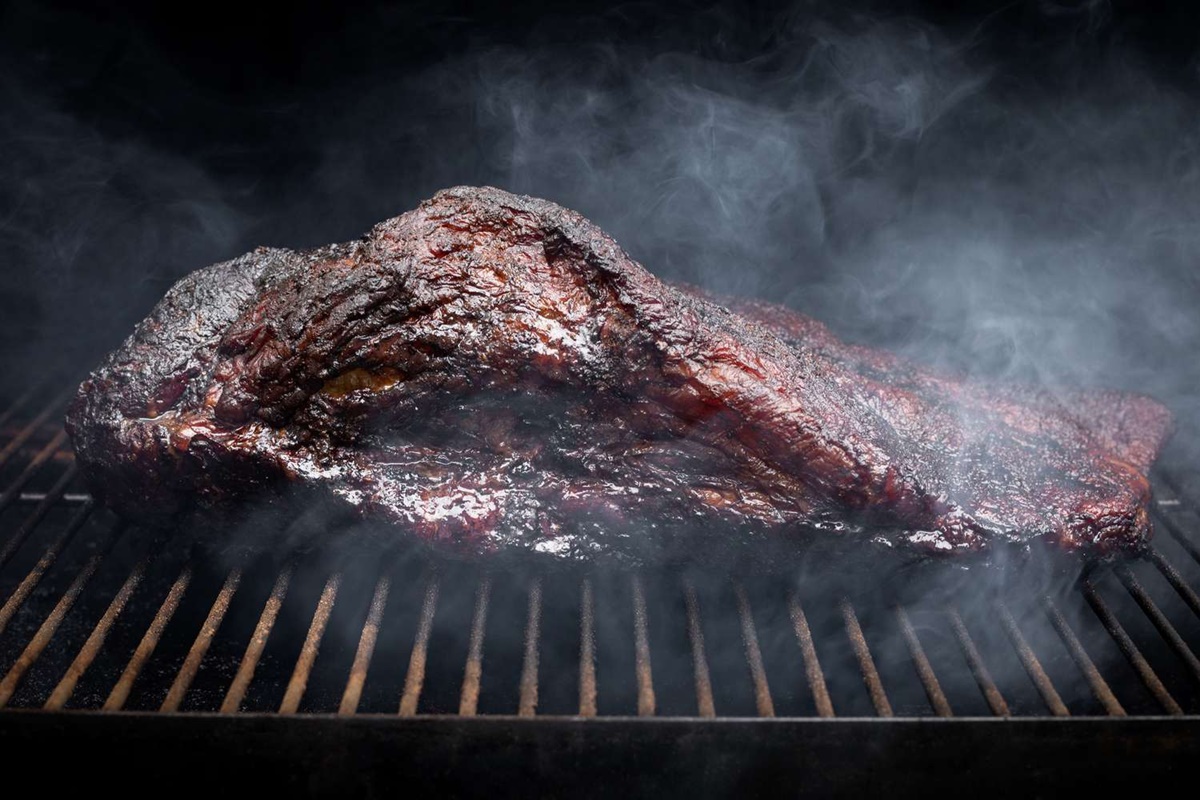How To Cook Vegetables Without Losing Nutrients
Cooking vegetables is a great way to enhance their flavors and make them more appealing. However, the cooking process can sometimes cause the loss of important nutrients. But fear not, there are ways to minimize nutrient loss and still enjoy delicious and nutritious vegetables. In this article, we will share some tips on how to cook vegetables without losing those valuable nutrients.
1. Choose the right cooking method:
- Steaming: Steaming is a gentle cooking method that helps retain the natural colors, flavors, and nutrients of vegetables. It involves cooking the vegetables over boiling water, either in a steamer basket or using a steam oven. This method keeps the vegetables crisp and vibrant.
- Stir-frying: Stir-frying is a quick and high-heat cooking technique that retains nutrients while adding a delicious, charred flavor to the vegetables. By using a minimal amount of oil and cooking the vegetables for a short duration, you can preserve their nutritional value.
- Grilling or roasting: Grilling or roasting vegetables imparts a smoky and caramelized flavor that can be quite appealing. These methods require a bit of oil, but if you brush it lightly, the vegetables will still retain most of their nutrients.
2. Don’t overcook:
Overcooking vegetables can lead to nutrient loss. Aim to cook them until they are just tender, rather than cooking them until they become mushy. The longer the cooking time, the more vitamins and minerals can be lost. Keep an eye on the vegetables and test their doneness by poking them with a fork. They should still have a slight crunch.
3. Preserve cooking water:
When boiling vegetables, the nutrients can leach out into the cooking water. Don’t throw this valuable liquid away! Instead, try to find creative ways to utilize it. You can use it as a base for soups, stews, or even as a nutritious addition to your smoothies. This way, you will still be able to benefit from the nutrients that would otherwise go to waste.
4. Preserve peels and skins:
Many vegetables contain a significant portion of their nutrients in their peels or skins. If possible, leave the peels intact while cooking, as it helps retain the nutrients. Just make sure to wash them thoroughly to remove any dirt or pesticides. This tip applies to vegetables such as potatoes, carrots, and cucumbers, among others.
5. Cut vegetables into larger pieces:
The more surface area exposed, the greater the nutrient loss during cooking. To minimize this, try cutting vegetables into larger pieces. You can also opt for methods like steaming or roasting whole vegetables. These techniques will help preserve the nutrients within the vegetables.
By following these tips, you can ensure that your cooked vegetables remain both tasty and nutritious. Remember, it’s all about choosing the right cooking methods, avoiding overcooking, preserving cooking water, peels, and skins, as well as controlling the size of the cut vegetables. Enjoy your flavorful and nutrient-rich dishes!
For those looking to cook vegetables without losing nutrients, there are some fantastic recipes to try. One highly recommended dish is Steamed Broccoli with Garlic and Lemon, which retains the broccoli's vibrant color and crunchy texture while adding a burst of flavor with garlic and lemon. Another great choice is Grilled Asparagus with Balsamic Glaze, where the grilling process keeps the asparagus crisp and the balsamic glaze adds a tangy sweetness. Roasted Cauliflower with Turmeric and Cumin is an excellent option as well, with roasting bringing out the cauliflower's natural sweetness and the spices adding depth. Lastly, Steamed Green Beans with Almonds offers a delightful crunch and nutty flavor, making it a perfect side dish. These recipes not only preserve the vegetables' nutrients but also enhance their natural flavors.
Was this page helpful?
Read Next: How To Cook Mini Pumpkins
